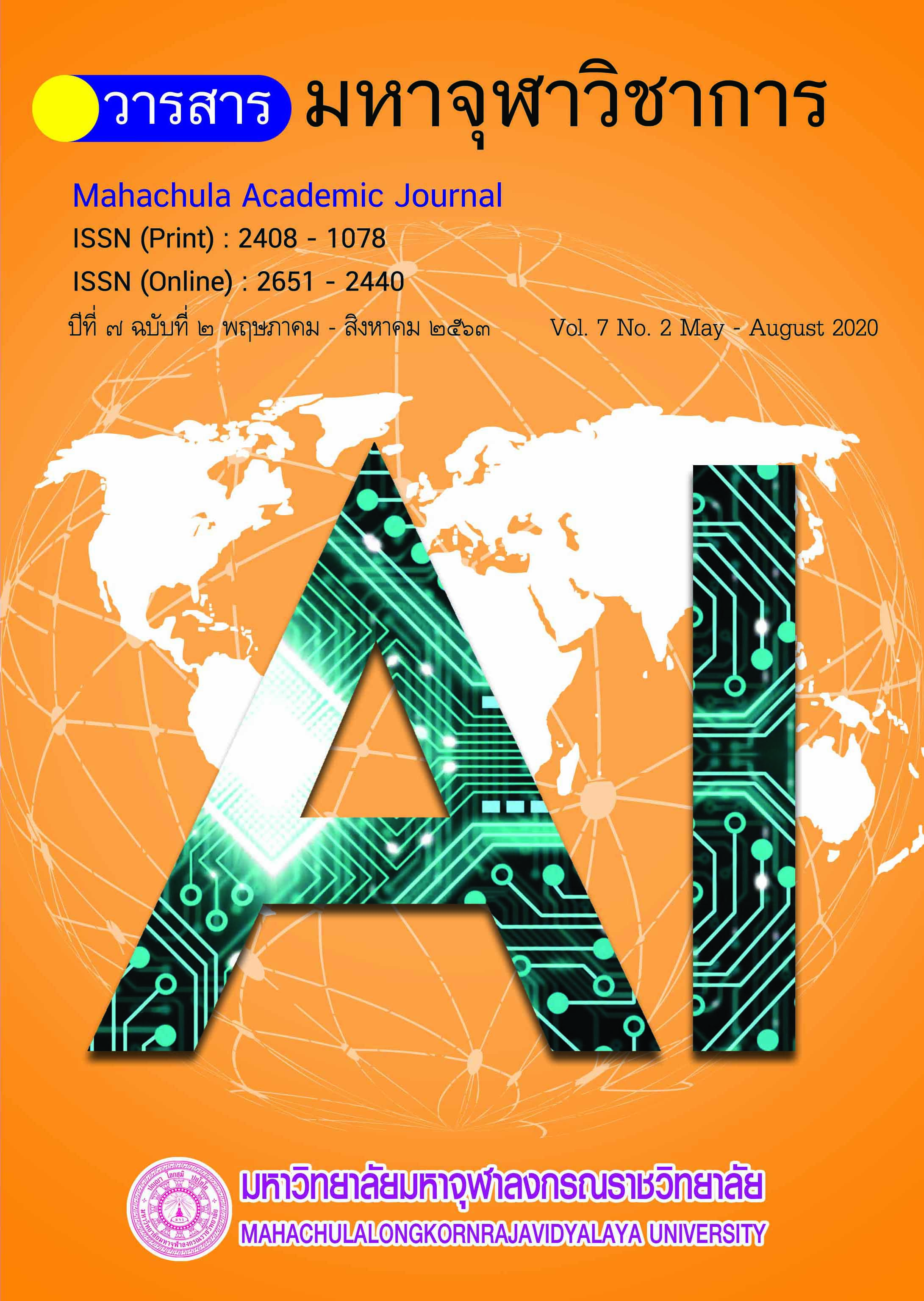Personnel Management in the Next Decade: Case Study of Autonomous University
Main Article Content
Abstract
Research Personnel Management in the next decade in the Autonomous University Intended to 1) Study the characteristics of human resources at Autonomous University in the next decade. 2) To create a future scenario of the personnel management system in the next decade, in the case of autonomous universities. 3) To analyze trends in human resource changes in the next decade, in the case of autonomous universities. The research based on the future research using EFR (Ethnographic Future Research) techniques, scenarios, and surveys (opinion survey). The research found that Personnel characteristics that were required for the most likely future scenes were 1) Adhere to the principles of correctness. 2) Being a person with integrity. 3) Being a professional person at work. 4) Be a public / voluntary mind. 5) Being a social responsibility person / contributing to the public. 6) Being work discipline. 7) Be a creative person Perseverance / Patience. When considering the future image of the personnel management system in the next decades, the future showed that the most likely future image consists of 1) Having a new organizational structure, full electronic system, Reduce duplication of work. 2) Having a modern image in the digital age. 3) The size of administrative system structure was reduced. 4) Being more investigated. 5) Personnel are learning and are aware of changes. 6) Personnel have the characteristics of social responsibility, public/volunteer mindset and professionally volunteer mind and for the changing trends of human resources in the next decade in autonomous universities found that the administration system required a work plan to focus on the achievement.
Article Details
References
ชวนคิด มะเสนะ. “การพัฒนาทรัพยากรบุคคลทางการศึกษาในทศวรรษหน้า”. วารสารบริหารการศึกษาบัวบัณฑิต. ปีที่ ๑๖ ฉบับที่ ๑ (มกราคม-เมษายน ๒๕๕๙): ๙-๑๖.
ณรงค์วรรษ บุญมา. “ทักษะที่สร้างสมดุลให้โลกในศตวรรษที่ ๒๑”. วารสารวิชาการสังคมศึกษา. มหาวิทยาลัยราชภัฏนครปฐม. (๒๕๕๗): ๕๕-๕๖.
ปลัดกระทรวงศึกษาธิการ. แผนพัฒนาการศึกษาของกระทรวงศึกษาธิการฉบับที่ ๑๑ พ.ศ. ๒๕๕๕-๒๕๕๙. กรุงเทพมหานคร: โรงพิมพ์คุรุสภาลาดพร้าว, ๒๕๕๘.
พรชนิตว์ ลีนาราช. “ทักษะการรู้ดิจิทัลเพื่อพัฒนาคุณภาพการเรียนรู้”. วารสารบรรณารักษศาสตร์. มหาวิทยาลัยเชียงใหม่. ๖๑(๒) (๒๕๖๐): ๗๖-๙๒.
มณฑล สรไกรกิติกูล. “สถานการณ์ท้าทายที่กระตุ้นการสร้างความรู้ของพนักงานในองค์กรขนาดใหญ่”. Journal of HR intelligence : HRi. ปีที่ ๑๔ ฉบับที่ ๑ (๒๕๖๒): ๒๘-๔๔.
เลขาธิการสภาการศึกษา. ข้อเสนอปฏิรูปการศึกษาในทศวรรษที่สอง (พ.ศ. ๒๕๕๒-๒๕๖๑). กรุงเทพมหานคร: พริกหวานกราฟิค, ๒๕๕๒.
อดุลย์ วังศรีคูณ. “การศึกษาไทยในศตวรรษที่ ๒๑ : ผลผลิตและแนวทางการพัฒนา”. วารสารมนุษยศาสตร์และสังคมศาสตร์. มหาวิทยาลัยราชภัฏพิบูลสงคราม. ปีที่ ๘ ฉบับที่ ๑ (๒๕๕๗): ๑-๑๗.
สมหวัง วิทยาปัญญานนท์. สร้างนวัตกรรมเป็นวัฒนธรรมองค์กร. [ออนไลน์]. แหล่งที่มา: http://www.budmgt.com/topics/top02/inno-culture.html [๒๗ กุมภาพันธ์ ๒๕๖๑].


